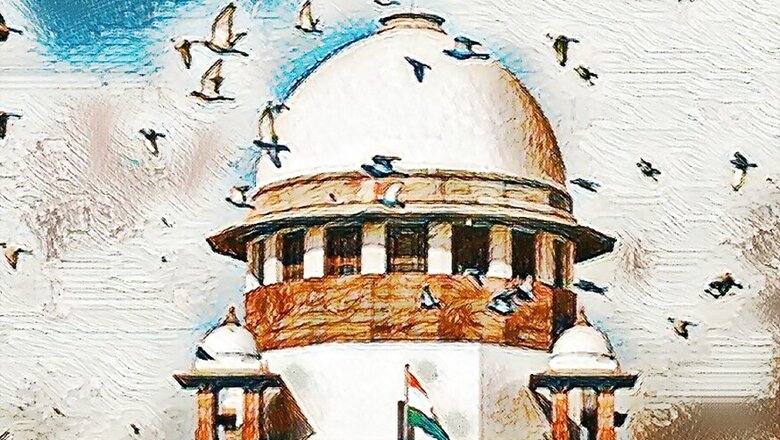
views
New Delhi: The Supreme Court on Monday said the female genital mutilation (FGM) of minor girls of the Dawoodi Bohra Muslim community leaves a "permanent emotional and mental scar" on them and the practice may be held as violative of dignity of women as prescribed in the Constitution.
A bench comprising Chief Justice Dipak Misra and justices A M Khanwilkar and D Y Chandrachud referred to constitutional schemes as interpreted by the apex court over a period of time and said "the fact that the practice is essential religious practice does not make it constitutional".
"You just cannot inflict any kind of injury to another person," the bench said, adding that for husbands, young girls should not go through all this.
"This kind of mutilation leaves a permanent emotional mental scar on small girls. You snip her genitalia," the bench said.
Senior advocate A M Singhvi, appearing for a Dawoodi Bohra Muslim group, said if this practice, which is an essential religious practice, is questioned then somebody may challenge the male circumcision in Muslims and there would be no end to such judicial scrutiny.
He said the petition be referred to a larger Constitution bench as it pertained to religious practice as was the case with the Sabarimala temple where menstruating women are denied the entry.
He also referred to the triple talaq judgment and said the present petition also raised the "substantial question of law" pertaining to Articles 25, 26 and 29 of the Constitution which deal with the freedom of religion and protection of religious rights of the minorities.
"The matters like this should be heard by a bench of five or seven judges," he said.
The bench referred to Article 25 (2) and said that it enabled the state to make law and if the State does not make the statute, even then on the ground of "public order, morality and health" the practice of FGM can be scrutinsied by the court.
"Additionally, you may be also governed by Article 15 (which prohibits discrimination on grounds of religion, race, sex etc) which enables the State to make law to ensure dignity of women," the bench said.
Referring to the practice of "polyandry" and "devdasi" where eldest daughter was being offered to the God, the bench said, "the fact that the practice is essential religious practice, it does not make it constitutional".
The senior lawyer said that the court had waited for the legislature to enact the law abolishing 'Sati' and the present issue cannot and should not be decided in a PIL filed by a person who is not aware of the practice and has not filed any evidence in support of the plea.
"I represent 70,000 Bohra Muslim women and they have no problem with the practice and moreover, this was not the case of FGM as made out to be be," Singhvi said.
The advancing of arguments remained inconclusive and would resume on Tuesday.
Earlier, the apex court had said that the fact that the FGM is being practised from tenth century is not "sufficient" to hold that this formed part of the "essential religious practice", which cannot be scrutinised by court.
Prior to this, the court had made it clear that it cannot direct doctors to perform genital mutilation of minor girls of the community and had questioned the "scientific justification", if any, behind the procedure.
Attorney General K K Venugopal, appearing for the Centre, had reiterated the government's stand that it was opposing the practice and said that this has been banned in many countries like the US, the UK, Australia and around 27 African nations.
The practice causes irreparable harm to girl children and has many health repercussions, the top law officer said and referred to Article 25 to highlight the point that a religious practice can be stopped if it was against "public order, morality and health".
The bench was hearing the PIL filed by Delhi-based lawyer Sunita Tiwari against the practice in the community.
Tiwari, in her plea, sought a direction to the Centre and the states to "impose a complete ban on the inhuman practice" of 'khatna' or "female genital mutilation" throughout the country.
Female genital mutilation is performed "illegally upon girls (between five years and before she attains puberty)" and is against the "UN Convention on the Rights of the Child, UN Universal Declaration of Human Rights of which is India is a signatory", the plea said, adding the practice caused "permanent disfiguration to the body of a girl child".












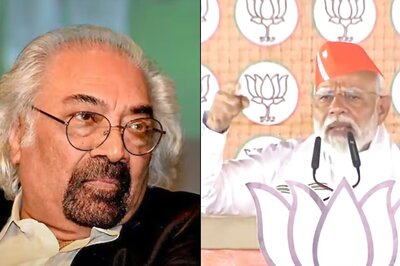



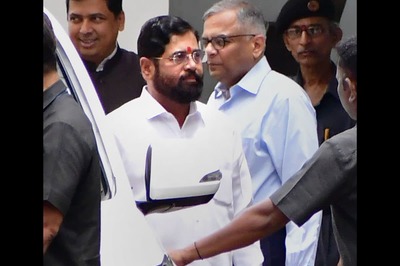
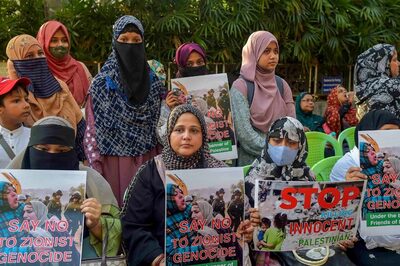
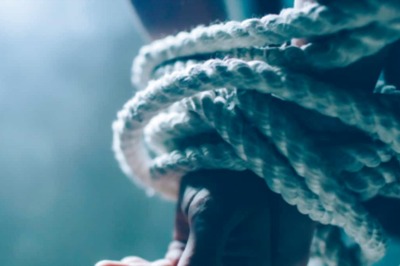
Comments
0 comment